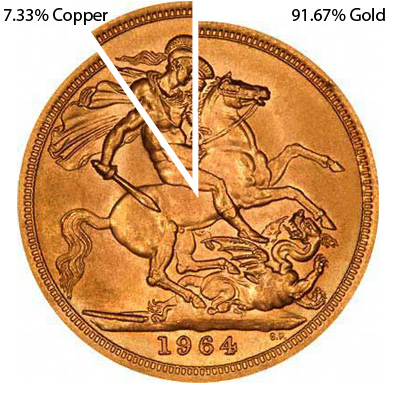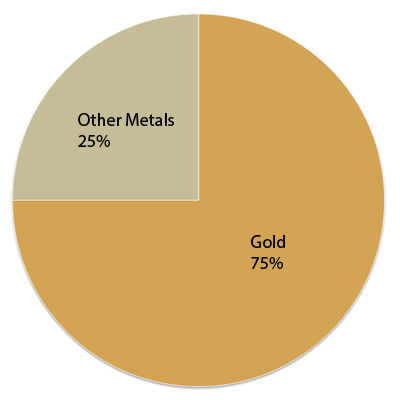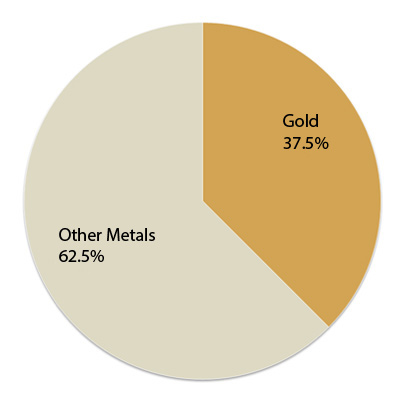
Magnets, Magnetism, and Magnetic GoldPure gold is not magnetic, but alloys can be. Some charlatans sell neodymium magnets as gold testers. We spell out the facts. Magnetism, Ferromagnetism, Paramagnetism, and Diamagnetism - Some PhysicsWe could make this simple, or we could make it accurate, but we will try to combine both qualities as far as possible. FerromagnetismMost things we call magnetic are actually ferromagnetic. ParamagnetismMost other substances are paramagnetic, meaning they are attracted to magnets, but very weakly; so weakly indeed that it can usually only be detected with specialised equipment in a laboratory. DiamagnetismSome substances are repelled by magnets, but weakly. These substances are diamagnetic. Ferrimagnetism and AntiferromagnetismWe do not need to discuss these, or a few other related concepts here. Is Gold Magnetic?No, gold (pure gold) is not what we consider as magnetic. To be more specific, it is paramagnetic, and very weakly repelled by magnets. Its magnetic fields are so weak as to be undetectable in normal everyday circumstances. Can Gold be Magnetic?Gold is only ever ferromagnetic if it is alloyed with ferromagnetic substances, such as iron, nickel, or neodymium. We have seen some pieces of carat (alloyed) gold jewellery which show noticeable attraction to magnets. Can a Magnet Test for Gold?Yes, if you don't mind getting false results! - But no, not really. Other Gold ResourcesWe have a number of other pages which may be of interest to you.
|
 Modern Gold Sovereign Alloy Content (22 Carat Gold)
 18 Carat Gold Alloy Content  9 Carat Gold Alloy Content |